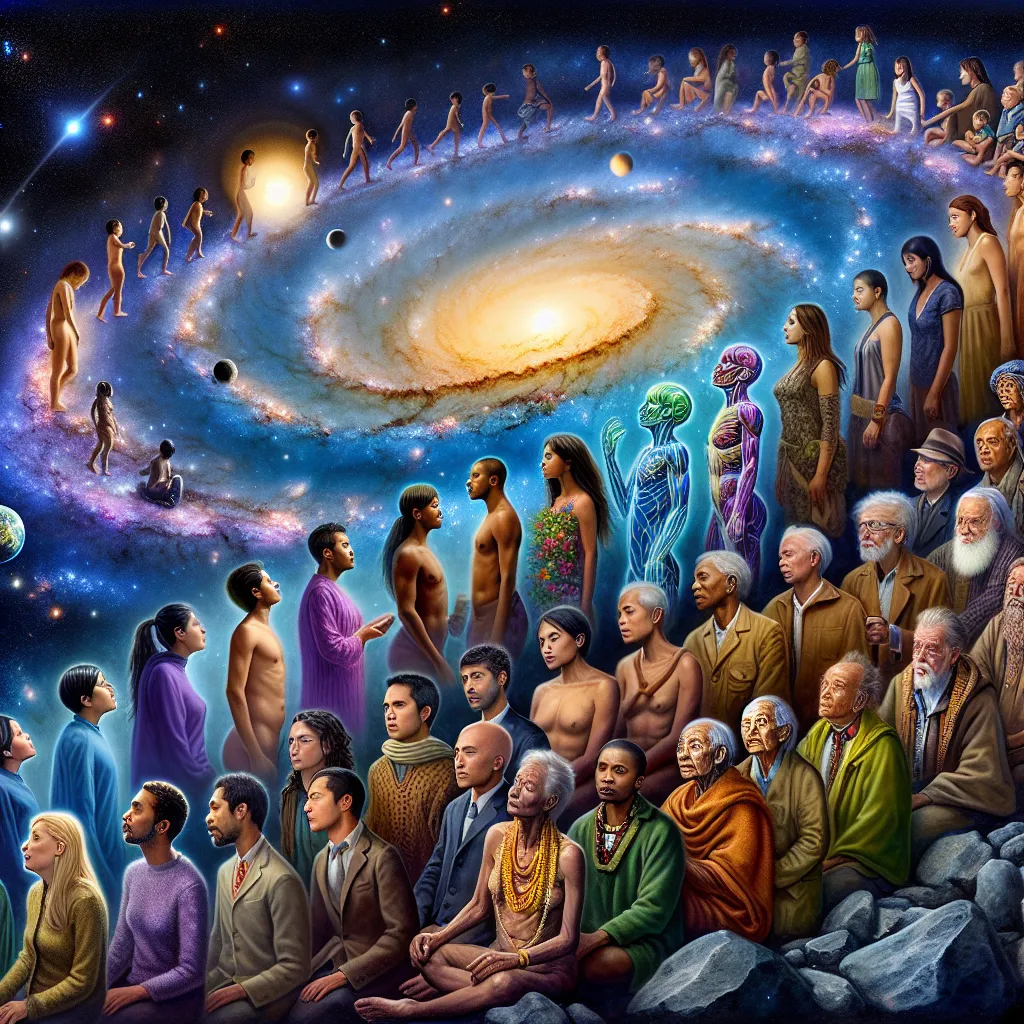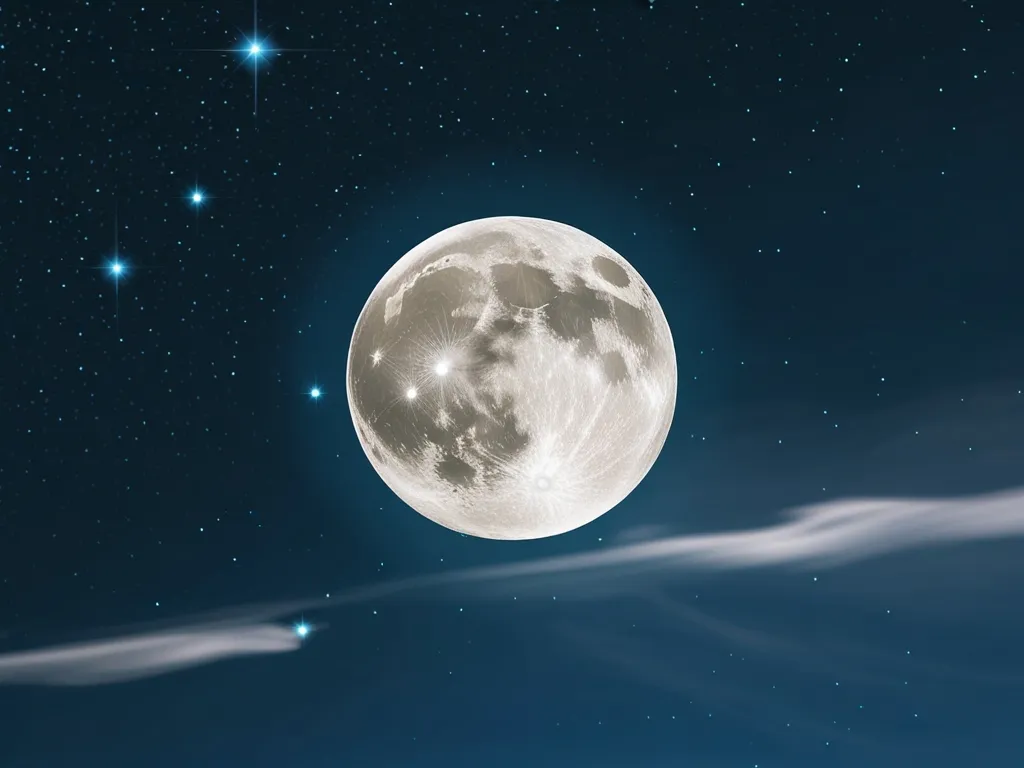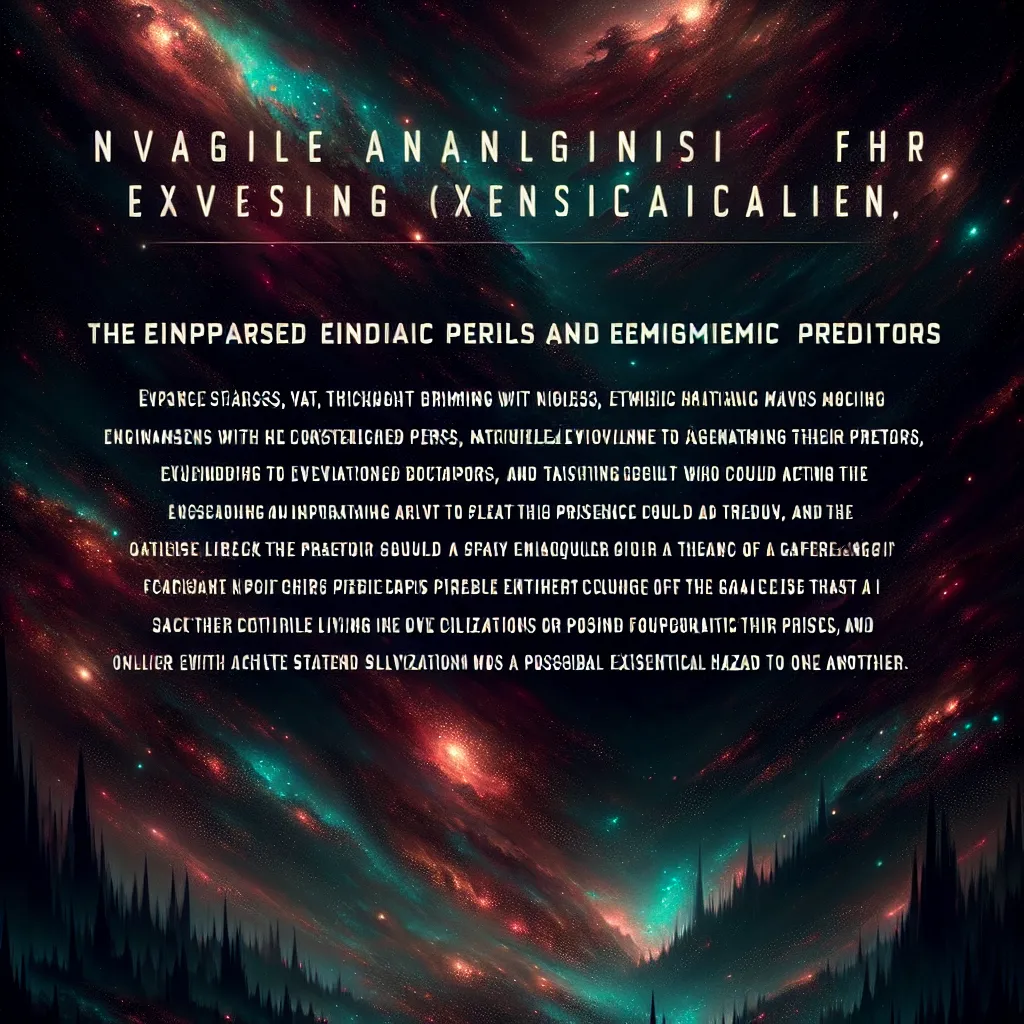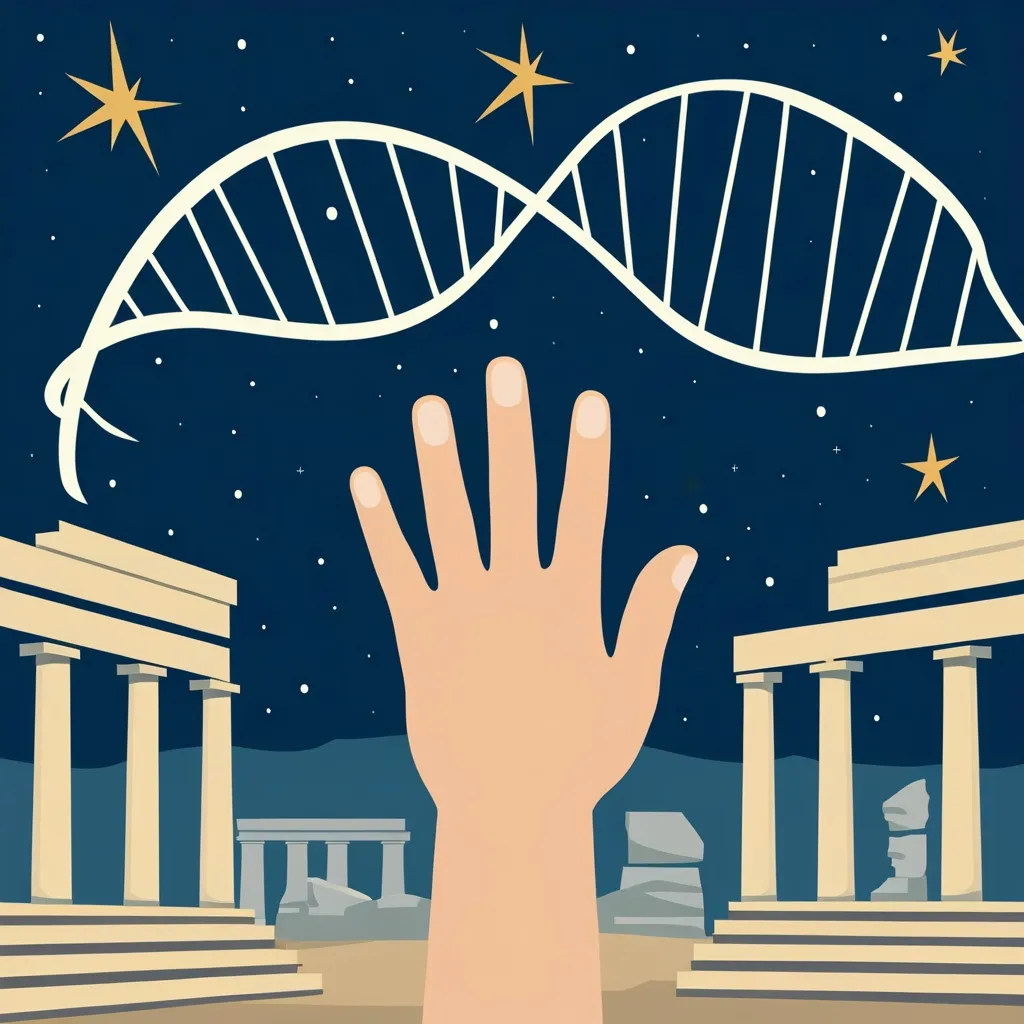Life can be both thrilling and baffling. Thousands of years ago, humans became aware of themselves and discovered a world brimming with strange creatures and resources. Some of these creatures became our food, while others could eat us. We found water to drink, materials to create, and a sun that warmed us. The night sky, with its sparkling stars, seemed like it was designed for us. It felt as if a higher power was looking out for us. This thought made life less daunting and more homely.
As we grew wiser, the comforting illusions faded. We learned that stars aren’t twinkling for us—they just exist. Our place in the universe became less special as we realized it’s vast, ancient, and we’re just a tiny part of it. The universe’s enormity and age dwarfed our understanding, showing us that we’re a small, fleeting moment in a timeline billions of years old.
We grasped the mind-boggling fact that we live on a bit of moist dust orbiting a medium star, lost in one arm of an ordinary galaxy. Our galaxy is part of a group, merely a drop in the supercluster ocean. And even that supercluster is just one of countless others. The observable universe is staggeringly vast, but it might be even bigger than what we can see. Numbers like millions of galaxies or trillions of stars boggle our minds. The scale of the universe is simply unconceivable.
But it’s not just size that’s overwhelming—it’s our time here. If you live to 100, that’s about 5,200 weeks. At 25, you have 3,900 weeks left. If you expect to live until 70, you have around 2,340 weeks—seemingly a lot, but also very little. Eventually, our bodies will cease to function, and “we” will dissolve into nothing. Many believe in an unseen part of ourselves that persists, but we have no proof. So, this life might be all there is.
Surprisingly, this thought isn’t so frightening. The eternity that existed before we were born didn’t trouble us; the unfathomable stretch after we die will, similarly, pass in an instant. And as far as we know, the universe will eventually end, freezing into unchangeable stillness.
Rather than dread, we can embrace “optimistic nihilism.” It’s doubtful that the universe’s countless stars and galaxies were created for us. It feels like a cosmic jest—we became conscious only to find out we’re not the main act. Science, with all its knowledge, doesn’t soothe this existential sting.
But here’s the twist. If life is a one-time experience, this truth liberates us. The end of the universe wipes away all our embarrassments and errors. If life is all we have, it’s the only thing that matters. If the universe sets no rules, we create our own. If there’s no inherent purpose, we invent one. Humanity might vanish someday, but until then, we get to explore, feel, and connect. We experience the beauty of food, books, sunrises, and human companionship. Just thinking about this makes us unique.
We aren’t separate from the universe—we are part of it, its conscious, feeling piece. In this vast playground, we should strive for happiness and maybe even a utopia among the stars. There are countless mysteries left to unravel—life’s origins, consciousness, the nature of the universe. We can seek answers, explore the cosmos, cure diseases, and enjoy a plethora of experiences.
So, if this is our one shot, let’s make the most of it. Live happily, help others, and dream big. Each moment counts, so do what brings you joy. After all, in a universe full of possibilities, our adventure has only just begun.






